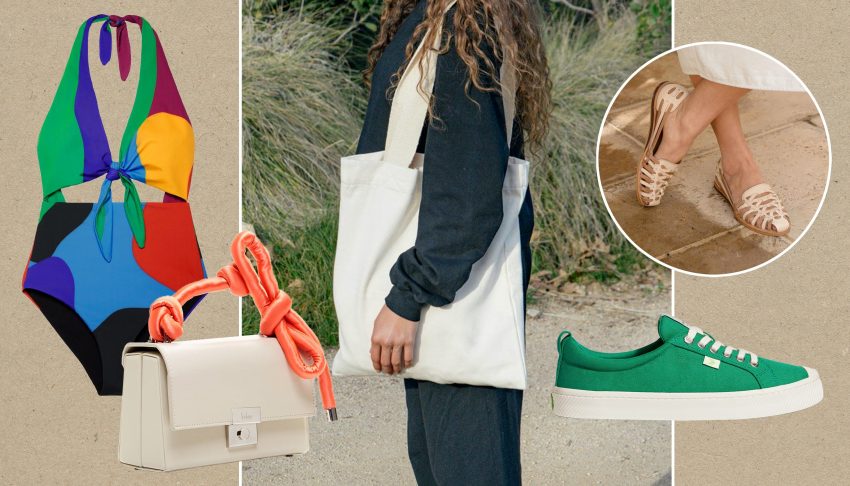The fashion industry has a significant impact on the environment and human rights, with large-scale production and fast-fashion contributing to pollution, waste, and unfair labor practices. However, there is a growing movement towards sustainable and ethical fashion brands that prioritize transparency, social responsibility, and environmental conservation. These brands are changing the way we perceive and consume fashion, offering stylish and ethical alternatives to traditional clothing.
What is Sustainable Fashion?
Sustainable fashion refers to clothing, accessories, and footwear that are produced using environmentally friendly materials, processes, and practices. This means minimizing the negative impacts on the environment throughout the entire supply chain, from production to disposal. Sustainable fashion aims to reduce carbon emissions, conserve water, promote fair trade practices, and minimize waste by utilizing eco-friendly fabrics, recycling materials, and advocating for better working conditions.
Key Principles of Ethical Fashion
Ethical fashion goes beyond environmental concerns and focuses on human rights and fair labor practices. It ensures that workers involved in the production process receive fair wages, work in safe and healthy conditions, and are not subjected to exploitation. Ethical fashion also encourages the use of cruelty-free materials and supports animal welfare. Here are some key principles of ethical fashion brands:
Fair trade: Brands that support fair trade ensure that workers receive fair compensation for their labor and operate in safe working conditions.
Transparency: Ethical fashion brands are transparent about their production processes, supply chains, and sourcing of materials.
Cruelty-free: These brands avoid using materials derived from animals, such as fur, leather, and silk.
Collaboration: Ethical fashion brands often collaborate with local communities and artisans to foster sustainable livelihoods and preserve traditional craftsmanship.
Durability: Ethical fashion focuses on creating high-quality, long-lasting garments that reduce the need for frequent replacements.
Recycling and upcycling: These brands encourage recycling and upcycling of materials to minimize waste and reduce the overall environmental impact.
Top Sustainable and Ethical Fashion Brands
1. Patagonia: Patagonia is a well-known outdoor clothing brand that has consistently prioritized sustainability. They use organic cotton, recycled materials, and implement innovative recycling programs to reduce waste.
2. Everlane: Everlane is renowned for its transparent pricing model, providing detailed information about the production costs of their products. They focus on fair trade practices and use high-quality, sustainable materials.
3. Veja: Veja is a French brand that produces stylish sneakers using sustainably-sourced organic cotton and fair-trade rubber. They prioritize transparency and pay fair wages to their workers.
4. Outerknown: Outerknown, founded by professional surfer Kelly Slater, focuses on creating durable and timeless clothing made from sustainable materials like recycled fishing nets and organic cotton.
5. Groundtruth: Groundtruth is a jewelry brand that uses ethically sourced materials and partners with artisanal communities to create beautiful and sustainable pieces. They emphasize transparency and fair trade practices.
The Future of Fashion
The shift towards sustainable and ethical fashion is gaining momentum, driven by consumer demand for transparency and ethical practices. More and more fashion brands are recognizing the importance of sustainability and are taking steps towards responsible production. Governments and industry organizations are also implementing stricter regulations to ensure ethical practices throughout the fashion supply chain. However, consumers also play a crucial role in promoting sustainable and ethical fashion by making conscious purchasing decisions and supporting brands that prioritize social and environmental responsibility.
In conclusion, sustainable and ethical fashion brands are leading the way towards a more conscious and responsible fashion industry. By prioritizing sustainability, fair trade practices, and transparency, these brands are not only creating stylish and quality products but also making a positive impact on the environment and society. As consumers, we have the power to drive change by supporting these brands and making sustainable and ethical choices in our fashion consumption.

